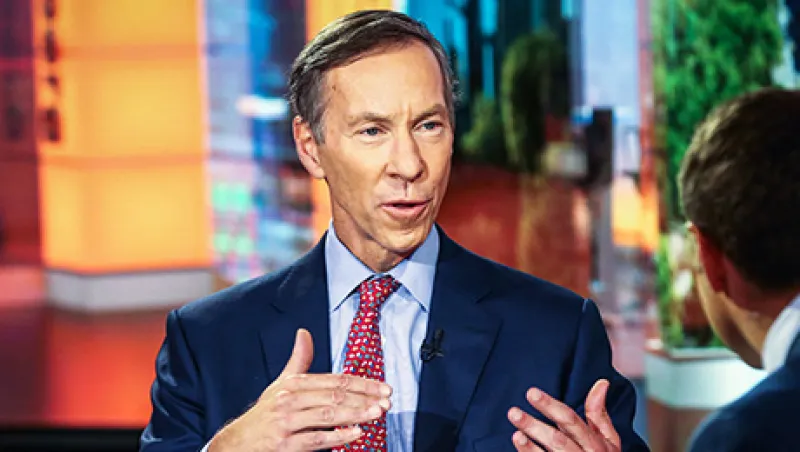Vanguard Group, whose name is synonymous with index funds, gathered more money from investors in 2016 than the rest of the asset management industry combined, according to preliminary data from Morningstar.
Worldwide inflows for the fund manager totaled about $289 billion last year, surpassing the $244 billion attracted by the remaining 4,000 global fund providers in its database, the research firm estimates. Vanguard's edge over rivals is now larger than ever, underscoring the soaring popularity of passive investing since the 2008 financial crisis.
The firm, which created the Standard & Poor's 500 stock index fund, has spent four decades telling advisers, individuals, and institutions the story of the long-term benefits of low-cost index funds. Since the crisis, that story has been particularly resonant as passive index funds have outperformed many active managers.
The top three asset managers in 2016, including BlackRock and State Street Global Advisors, were all in the index business, according to Morningstar. Although investors withdrew $92.3 billion last year from actively managed funds, index funds dominated as an investment strategy, with inflows of $625.2 billion. Of that, BlackRock's iShares exchange-traded funds took in $137 billion, and State Street attracted $63 billion, Morningstar data show.
In 2015 investors' preference for passive investing was less pronounced, with index funds attracting $571.1 billion, compared with $284.9 billion of inflows for active managers.
Whereas passive strategies are gaining momentum, active managers remain much larger in terms of assets under management, with a total $9.7 trillion in the U.S. at the end of last year, according to Morningstar. Passive funds oversaw $5.4 trillion. Still, Moody's Investors Service predicts that assets managed by passive funds could eclipse the amount overseen by active managers as early as 2021.






